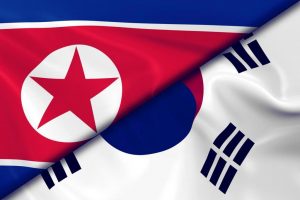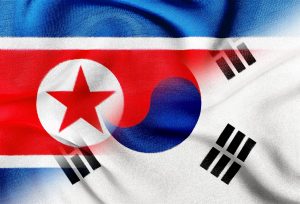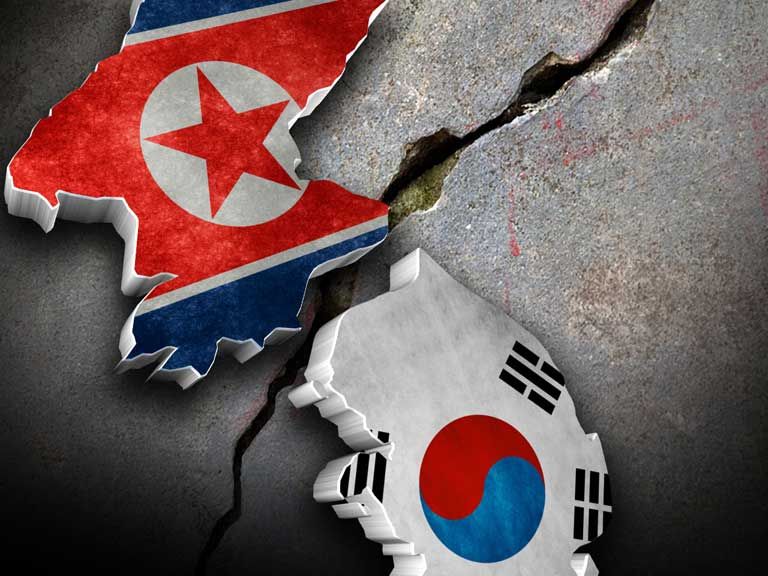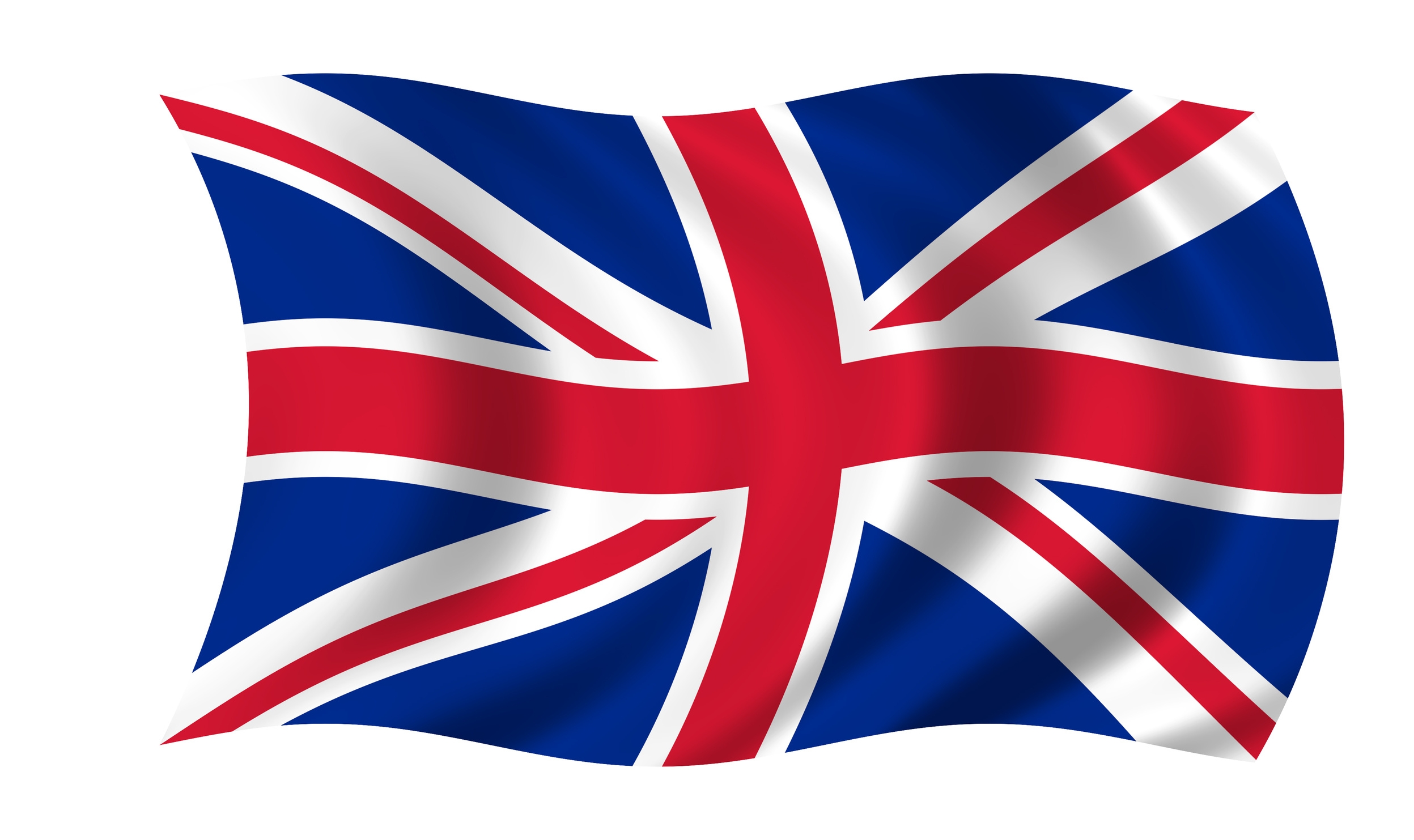Many users often seek to find out what are the differences and similarities between the languages of two neighboring states located on the Korean Peninsula (South Korea and North Korea – South Caucasus and North Korea). They are interested in this for a reason. Some of them have relatives living there, while others work in industries cooperating with these countries. The experts of our company carry out written translation into Korean of any papers and documents, observing all the spelling rules.
Similarity of languages
South Korean and North Korean languages belong to the same group in linguistics and phonetics, but researchers do not know exactly which family they belong to. Some scholars have suggested a relationship between Korean and Japanese, but this has not yet been confirmed.
Many symbols are similar and words are pronounced the same. Moreover, before the division into two parts, Korea was captured by Japan, which made an attempt to standardize the spelling of this country.
Differences
Beginning in 1954, after the publication of the Chosono cholchabop, the North Korean spelling rules, the language of the North began to gradually change and divide. In 1964-1966. several more papers have been released on this topic. They further widened the gap between the dialects of North and South Korea.

Now in North Korea there are spelling rules developed in 1987. In addition, in 2000-2003. scholars proposed rules for the placement of spaces in Chosongmal tthiyessigigyub, which were then reworked into Ttiessigigigyujon.
The main differences are:
The spelling, name and order of chamo letters. For example, in North Korea, the strokes that distinguish some characters are written above them, not inside them.
Pronunciation. In North Korea, people speak in the Pyongyang dialect. The vowels are coarse in it. In South Korea, they speak the Seoul dialect, where the same sounds are more pleasant to the ear.
Musical stress. It is fundamentally different. In the North Korean language, accents for a group of words have been published. So “kvekkori” (nightingale) has the designation 232. The first syllable is pronounced in a low tone, the second in a high tone, and the third again in a low tone.
Because of these differences, translating from Russian into Korean is a bit complicated.




